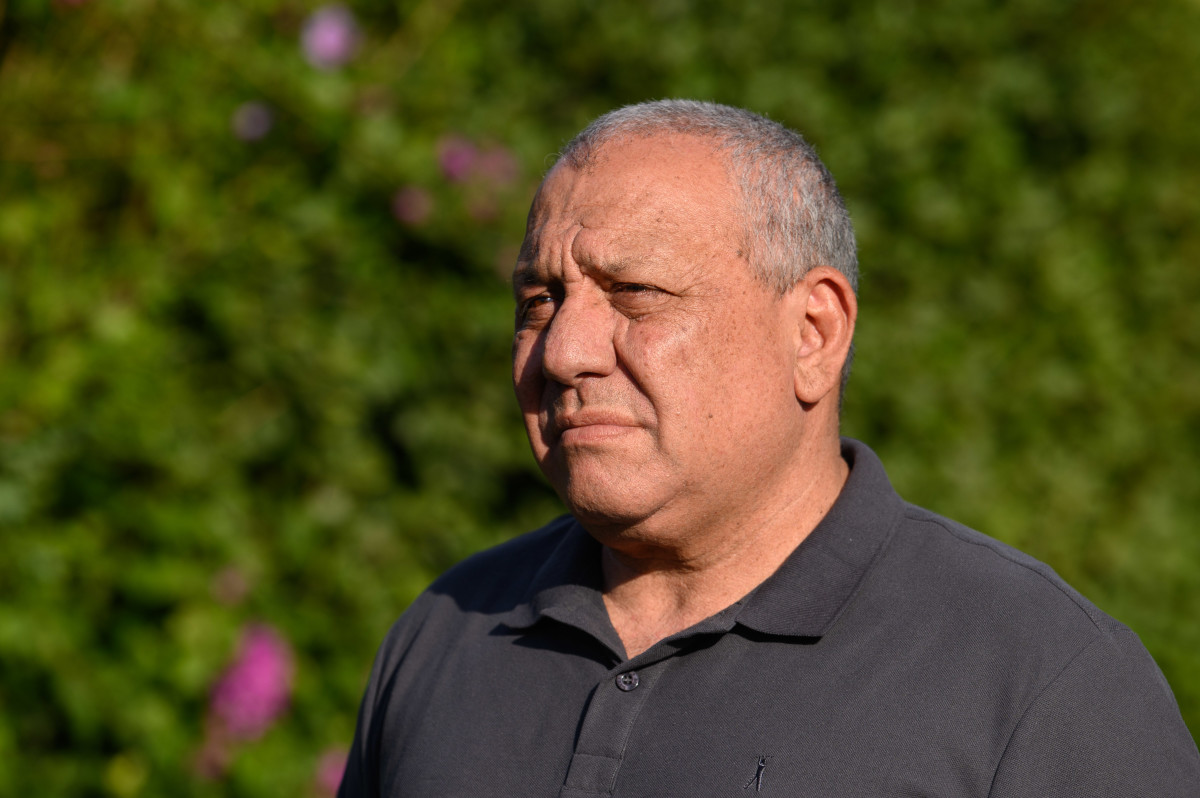There is a photograph that marks Ernesto Ferrero’s entry into the world of literature (born in Turin in 1938 and died yesterday at the age of 85) and that shows him summery and smiling while accompanying to Venice Primo Levi, who with the novel would win the Campiello Prize armistice. We are in September 1963. Ferrero takes the first steps of a very important career at Einaudi, where he started as head of the press office, but soon held the position of literary director and, from 1984 to 1989, that of editorial director.
Although he also worked for Garzanti and Mondadori, his name will forever be linked to the publishing house in Via Biancamano, the Wednesday meetings and the rigorous rites in which books are made like mosaic pieces the size of the nation. Einaudi remains in its identity and is not only one of the many places where covers and flaps are made, but also a pedagogical gymnasium, a free university from which to practice teaching, with this feeling of completeness, with This touch of strength creates a happy conquest that can be felt on the airiest pages of The best years of our lives (2005) and di Family album (2022).
However, at such a temporal distance, the photo together with Levi represents another key to interpretation, it expands in the imagination until it takes on the value of predestination, so much so that in recent times this journey has often been remembered After Venice, Ferrero attributed to it the importance of an initiation experience. In fact, for him, Levi would have been a master from whom he could extract secrets, a kind of guide to the practice of writing that was never experienced as an exhibition, a paradigm of moral literature that could be firmly anchored in the mind for the future of a writer It makes little difference if he devotes himself to historical rather than scientific novels.
With this method, this ethical rigor, this inner discipline, Ferrero would in turn become an exemplary story for the entire subsequent generation, and anyone who wanted to embark on the path of books could not help but intercept his endless production: of the Non-fiction, dedicated not only to Levi, but also to Gadda and Calvino, to the narrative, which would have been aimed at eccentric and curious figures like Cervo Bianco or Emilio Salgari, ponderous and contradictory ones like Napoleon Bonaparte, but questioned by the humble eyes of a Servant (N., 2000, which won the Strega Prize), shocking and modern like Francis of Assisi (Francis and the Sultan2019).
Everything Ferrero attempted, even the translations of Louis-Ferdinand Céline or his long management of the Turin Book Fair, paints the portrait of an intellectual and a man who preferred to question and measure himself against his own time Manzoni’s lesson, which brought together ethics and history, archival research and imagination, was led by her. These four elements have become the guiding compass for all his cultural activities and thanks to them, in the season he has gone through, he has positioned himself as the most recognized and authoritative interpreter, the last voice of a tradition that has believed in words a suitable instrument to to pursue the mystery of who we are and what we create. In doing so, he slipped into the role of historian and established himself as a noble father, interested in defending an idea of writing based on the inviolability of documents but without being suffocated by them, without being prisoners of rigid rules without creativity remain .




:quality(70)/cloudfront-eu-central-1.images.arcpublishing.com/mentormedier/2JKGYSKHVPMCNGYR3NKQGN75TY.jpg?fit=300%2C300&ssl=1)


